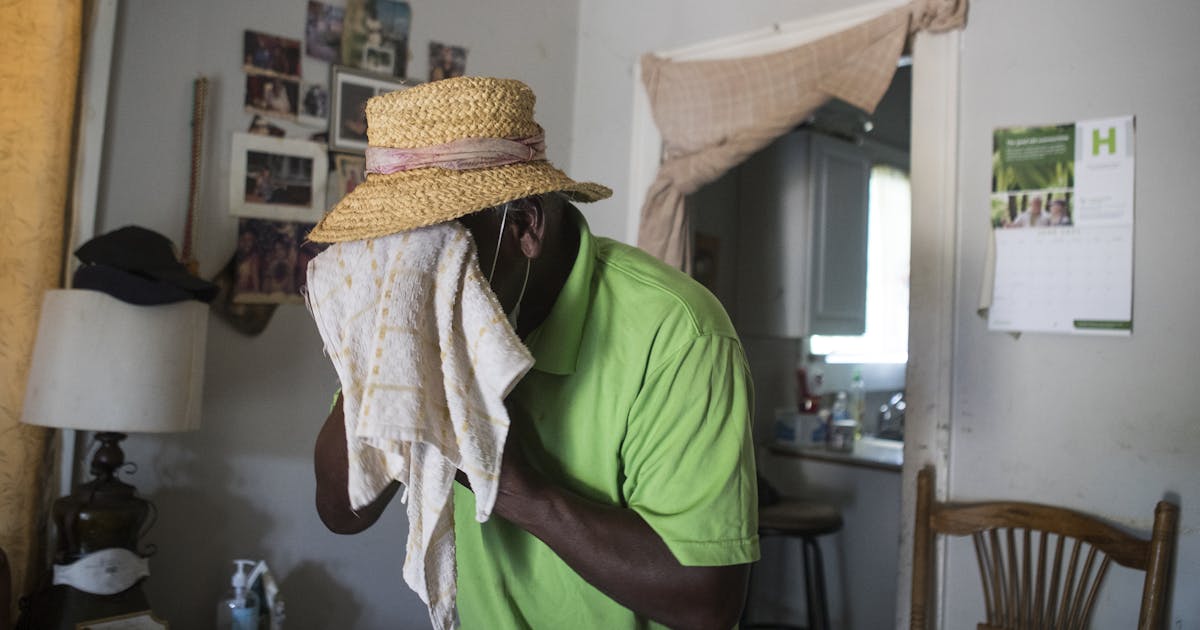
“Even if landlords are aware of and deterred by these tenant protections, they may still choose to go forward with rebate investments knowing they can hike rents in just two years,” Gourevitch writes. “The protections are also specific to evictions and rent hikes tied to energy efficiency upgrades, but it is extremely difficult to prove that an eviction or rent hike is a result of such upgrades, since landlords are typically not required to give reasoning for rent increases or lease nonrenewals.”
Many tenants are free to purchase and install air conditioners on their own, of course. For poorer households already struggling to pay their utility bills and rising rents, that option may not offer much relief. In 2020, more than a quarter of U.S. households reported difficulty paying their energy bills, according to a U.S. Energy Information Agency study released in 2022. Roughly 10 percent of those surveyed kept their homes at unhealthy or unsafe temperatures out of concern for energy costs. One in seven households in the U.S. experience energy poverty, and low-income people and people of color experience a disproportionate amount of energy insecurity. Researchers looking at New York City found that the most energy-insecure New Yorkers also had higher odds of experiencing respiratory, mental health, and cardiovascular conditions and electric medical device dependence, meaning they’re more likely to be vulnerable to extreme temperatures. In U.S. cities, poorer neighborhoods also tend to be hotter than richer, often whiter neighborhoods, which are more likely to have leafy streets and green spaces that can keep streets cooler. People of color are more affected by the urban heat island effect in the U.S. than whites.
“Neighborhoods with less green cover can be 15 to 20 degrees hotter than neighborhoods that have that. You can make up the gap with air conditioning if you have a really good system and you can afford it, but low income tenants can’t,” says Daniel Aldana Cohen, a sociologist at the University of California, Berkeley, whose research focuses on climate and housing policy. “The higher the heat goes, the cost of cooling increases exponentially.”